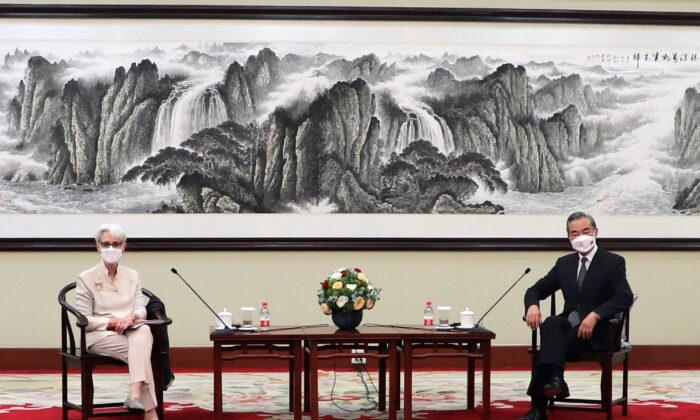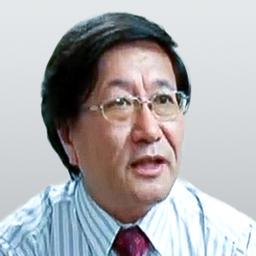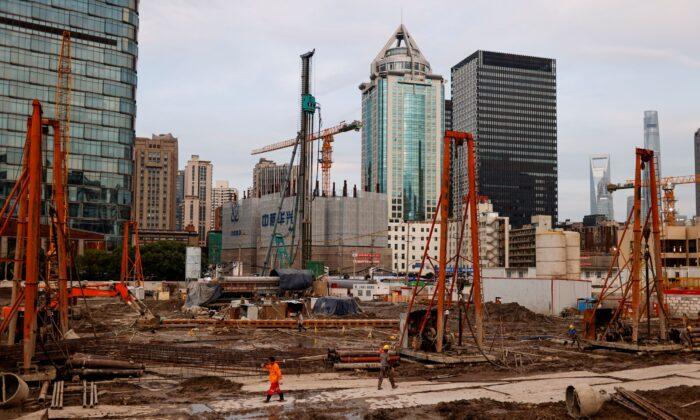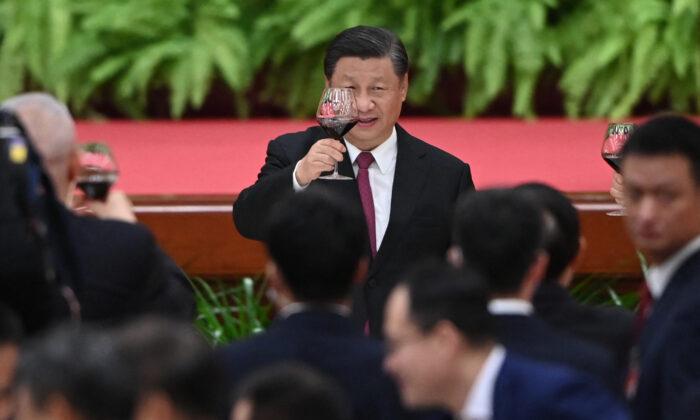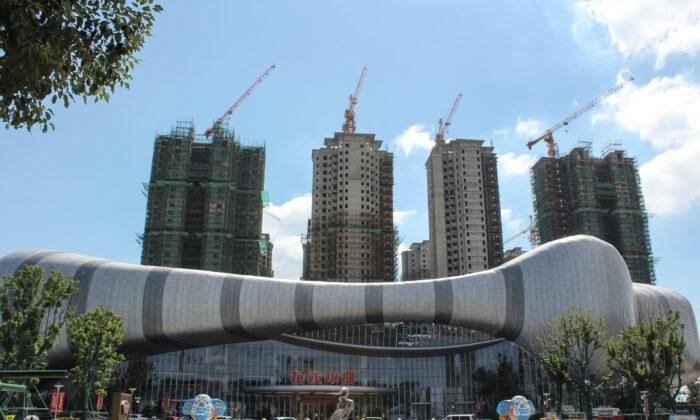First, “The United States must not challenge, slander or even attempt to subvert” the CCP’s socialist system; second, “The United States must not attempt to obstruct or even interrupt China’s development process;” and third, “The United States must not infringe upon China’s state sovereignty, or even damage China’s territorial integrity.”
With these three demands, the CCP wants the United States to recognize the legitimacy of the Party’s authoritarian system. In addition, it asks the United States to fully satisfy the CCP’s economic needs, including the massive dumping of pirated and counterfeit products, the massive theft of U.S. technical secrets, and the continuation of the huge trade surplus with the United States. The CCP even challenges the United States by requiring it to not concern itself with the regime’s military actions against Taiwan.
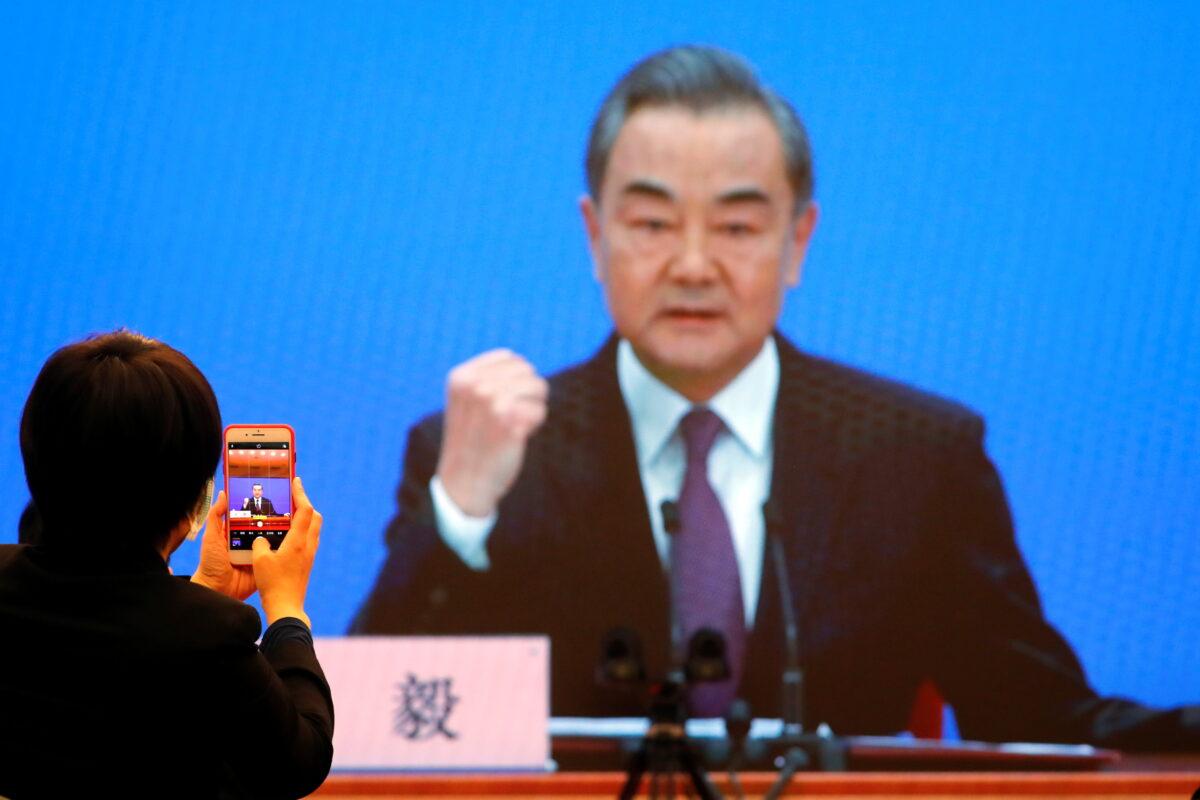
A Thief Won’t Cooperate With the Police
In the past century, the CCP competed in vain with Western powers in the production of steel, grain, and automobiles. In this new century, the competition shifted to technological development capabilities.The CCP’s autocratic system stifles freedom of thought and freedom of action, which naturally also stifles freedom of creation. Without freedom of thought and speech, researchers in China are driven by bureaucrats with economic benefits and administrative orders, and resources are at the arbitrary disposal of the government, or as the Party’s leaders put it, “concentrated to accomplish large undertakings.” Under such circumstances, the CCP’s technological research and development can achieve independent breakthroughs in a few key projects.
In most industries, the CCP’s technological progress can only be achieved by stealing and robbing from democratic countries (by robbing, I mean forcing foreign companies to transfer their technology).
Since most of the technologies in China are originally stolen from Western countries, the CCP wants to turn these stolen technologies into nationwide economic benefits as soon as possible. It’s of course highly tolerant of domestic enterprises stealing intellectual property rights from each other. This practice destroys the market mechanism for technological progress.
The theft of Western technological research efforts is an ideal shortcut for the CCP, and the United States has become the main target of such theft. Hence, the Party’s hostility toward the United States is deeply rooted in its mentality of “thieves fearing the police.”
Reasons Why CCP Chooses to Confront US Politically
Although China is a signatory to the World Intellectual Property Organization Copyright Treaty, the CCP is absolutely unwilling to honestly comply with it and develop its economy without stealing or robbing. Just like thieves who are afraid of the police, the CCP fears the United States. It’s worried that the United States will not let it steal and that the United States and other Western countries will see through its inborn weaknesses.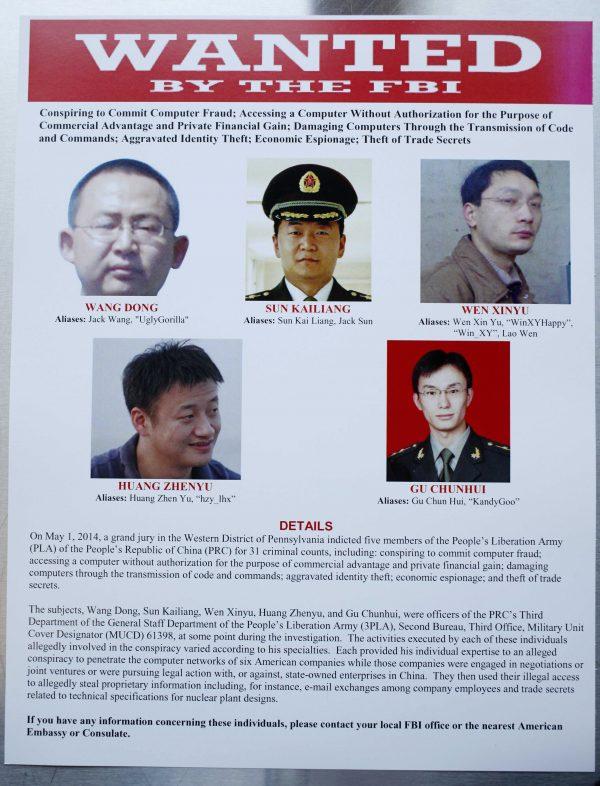
In the earlier days, the CCP concealed its true intentions and pretended to be good and friendly, but in fact, it was expanding its technology theft step by step. When the organized activities of large-scale technology theft were exposed, it became furious, but it would never rectify its wrongdoings. Then-U.S. President Donald Trump caught the CCP red-handed and used the trade talks to force it to stop the technology theft. That’s the true reason Trump is hated by the Communist Party in China.
The CCP can’t compete honestly as demanded by the United States; it’s impossible, just like a habitual thief who is told to earn his living by doing a decent job after having spent his lifetime stealing. The CCP’s agenda is to use its power to force the United States to make concessions. The regime thus uses rogue tricks to respond to the United States, which is coercion and the only option the CCP knows when dealing with pressure from the United States. Starting a China–U.S. cold war and escalating the political confrontation between the two countries is one form of CCP coercion.
Therefore, when the CCP was cornered by Trump’s countermeasures and was at a diplomatic disadvantage, it ignited the cold war and tried to force the United States to make concessions.
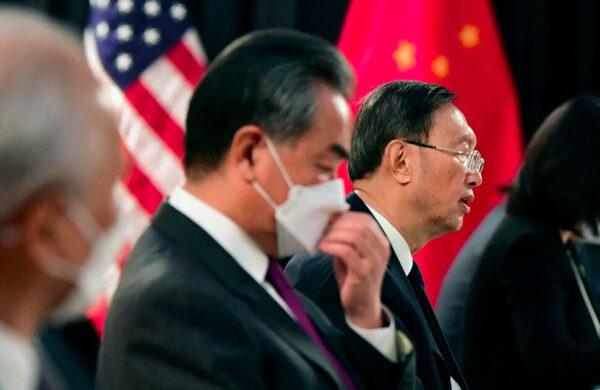
With the Biden administration, the CCP’s coercive tactics are strengthening its military readiness on the one hand and forcing President Joe Biden to make concessions in the diplomatic field on the other.
Understanding the regime’s strategy toward the United States in this way, it’s almost entirely predictable that the U.S.–China Alaska farce will be mirrored again and again. The expectation of a rapprochement and improvement in U.S.-China relations, and the hope that the CCP will rationally abide by international rules, are doomed to fall through.
